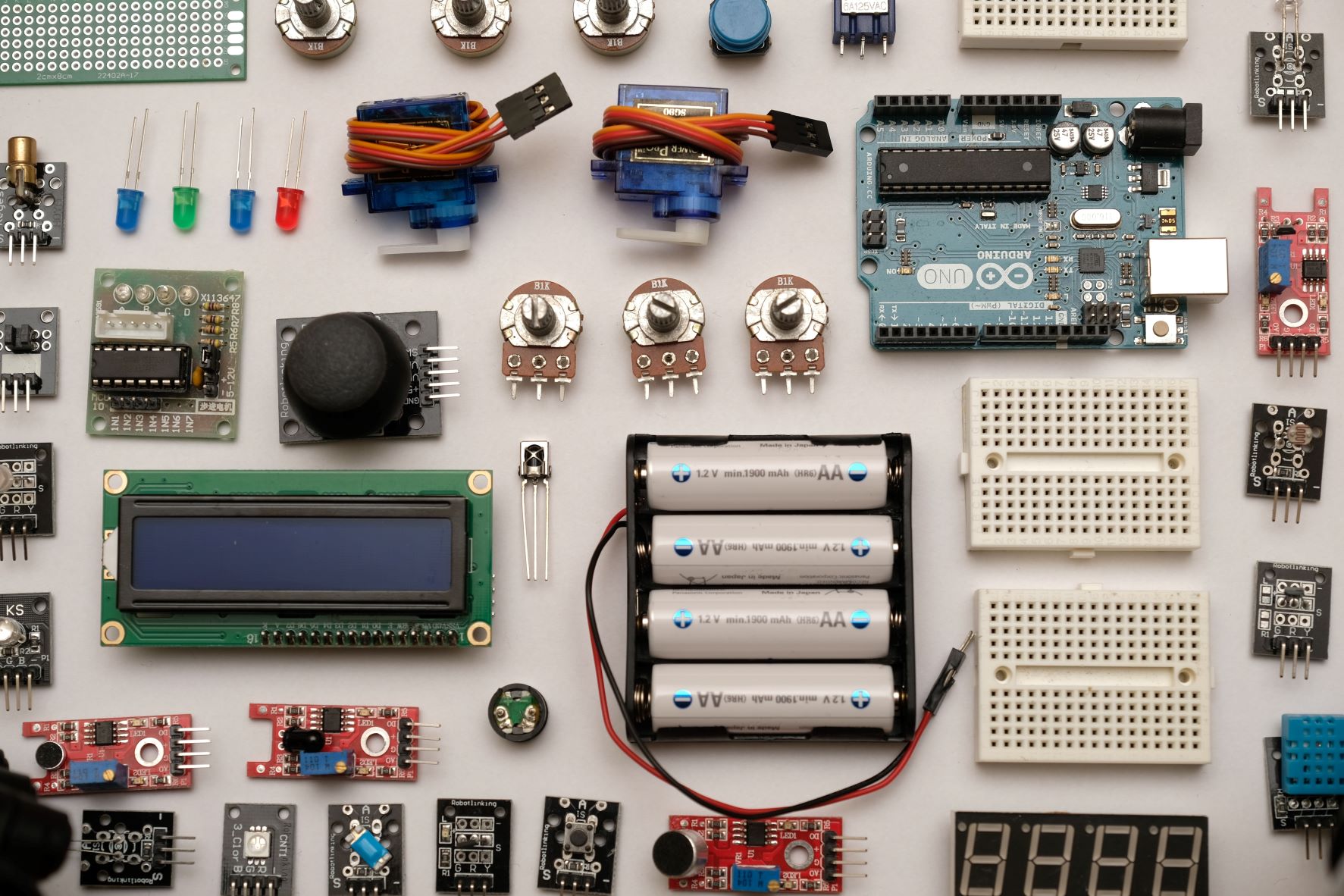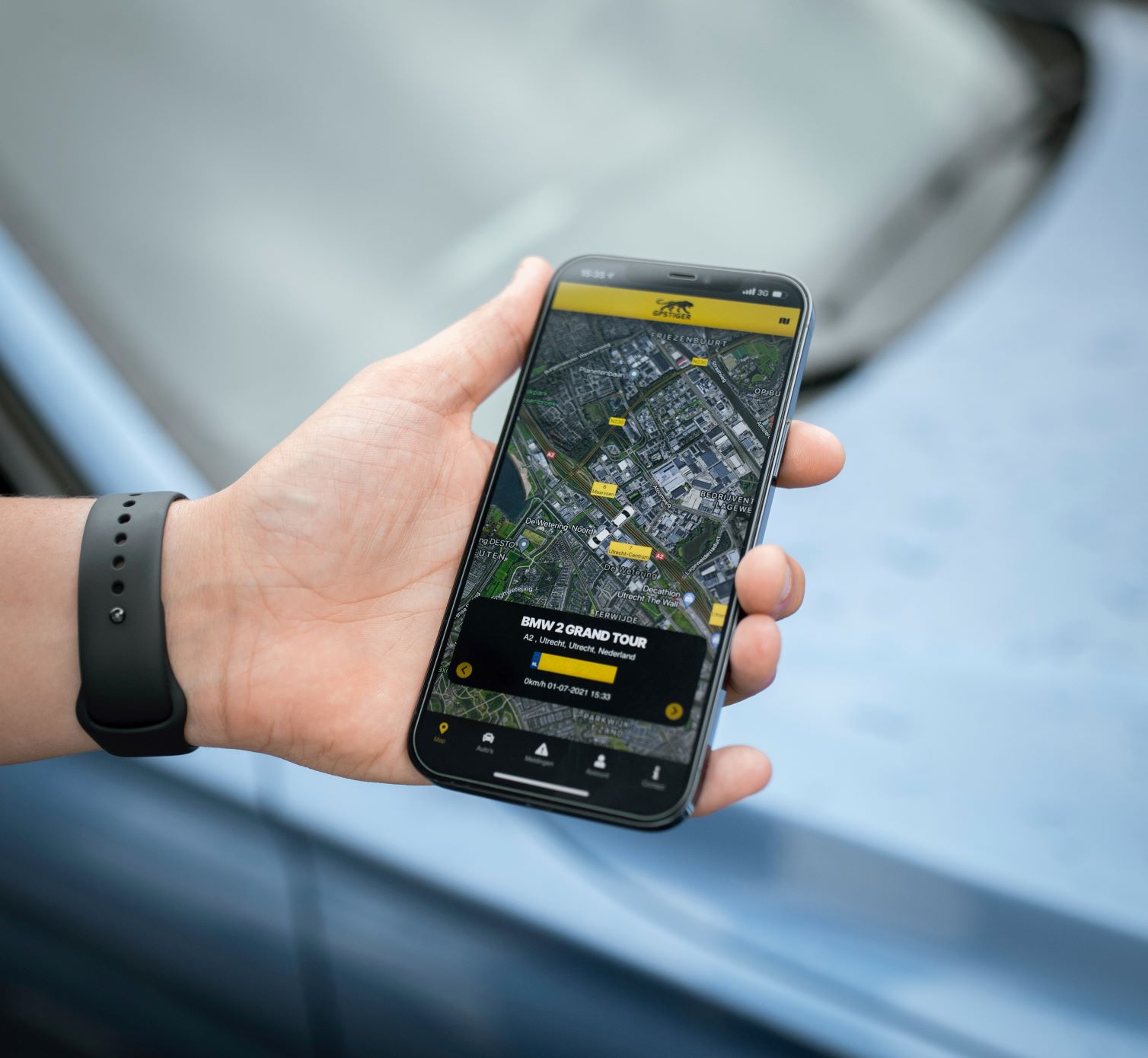Jan-Mar 2023,
Imperial College London
- Social Navigation System: Wheel-E incorporates advanced proxemics and "social awareness" metrics to autonomously plan its path. This unique system ensures the wheelchair navigates social environments with care, taking into account personal space and social interactions.
- Sentiment Analysis Model: To further enhance user comfort, Wheel-E utilizes a sentiment analysis model. This model accurately classifies the user's emotional state and adjusts the wheelchair's velocity accordingly. By adapting its speed based on the user's emotions, Wheel-E provides a more customized and comfortable experience.
- Laser Pointer: Wheel-E is equipped with a laser pointer that serves as a directional indicator for the wheelchair's movements. This feature allows both the user and external individuals to easily understand the intended direction of Wheel-E, promoting better communication and trust between the wheelchair and those interacting with it.
Smart Wheelchair - Research Project
Wheel-E is an innovative and intelligent wheelchair specifically designed for children with severe disabilities. It incorporates three remarkable features to enhance the user experience:
The purpose of this project was to research how to enhance assisitve technologies by investigating them from a user-centred perspective. The study resulted in significant results and successful implementation of a fully working system.
Final mark: 1st Class
Jan-Mar 2022,
Imperial College London
- Determining the kinematic model of the Robot, including the Forward and Inverse kinematics needed to compute the joint angles and to position the robot gripper at a given target.
- Implementing the robotic motion trajectories using different control techniques, including both position and velocity control.
- Understanding the principles of dynamic modelling and force/torque control
- Learning the different robotic approaches to grasping / object picking (e.g. parallel jaw grippers, adaptive grasping, under-actuation, grasp planning and vacuum grippers)
- Using CAD software tools(Fusion360, SolidWorks) to design a robot gripper for manipulation of specific objects and printing it in 3D for physical testing in labs.
Robotics Manipulation - Project
The goal of this project was to develop the motion controller for a Robotic Arm, implement the motion algorithms to perform different task-specific operations, and create a simulator of its kinematic model in Matlab.
This project involved:
The project was implemented beyond the given requirements and the team gave a live demonstration of how the Robotic Arm could successfully: move, flip and stack cubes, grab a pen, and draw simple shapes. For the open-ended task, the group designed and built the multi-use gripper and assets needed to make sushi and implemented the moving algorithms necessary to demonstrate the precision and robustness of the controller.
Final mark: 1st Class
Apr-Jun 2021,
Imperial College London
Mars Rover - Project
This interdisciplinary project consisted of the design and implementation of a Rover able to map the surroundings, detect objects and autonomously move to specific targets. The System consisted of five Units: Energy, Drive, Vision, Control and Communication.
I was leading the implementation and testing processes of the Drive Unit, responsible for the Rover movements, and the integration with the Power and Control Unit.
This role involved working with optical sensors, motors, an Arduino, and an SMPS (Switched-Mode Power Supply).
The moving algorithms in autonomous and manual modes were implemented in C++, and a PID (Proportional Integral Derivative) controller was created for the error correction. All the features were implemented beyond the given requirements thanks to accurate design methodology and a collaborative environment.
The team received an Upper 1st Class and the Award of Best Project of the Year.



